Voters prefer noncandidate
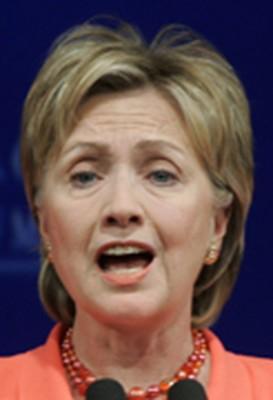
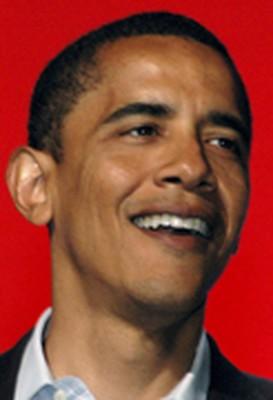
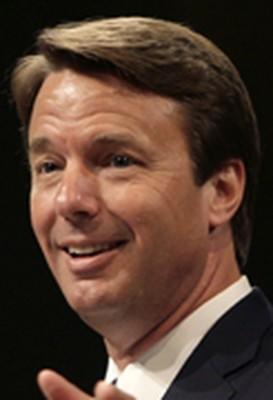
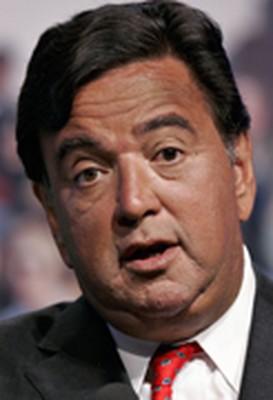
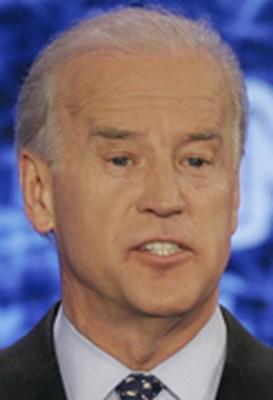
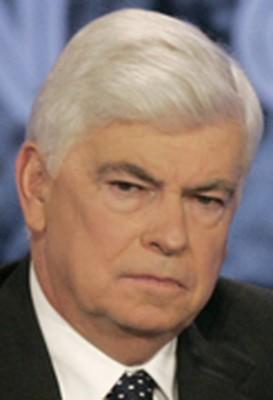
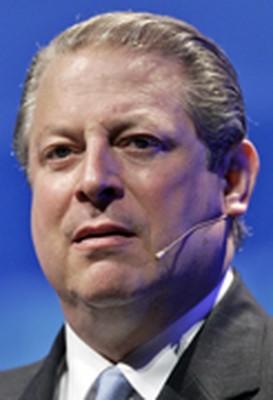
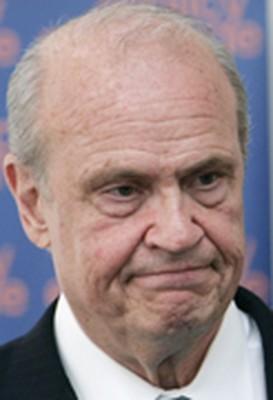

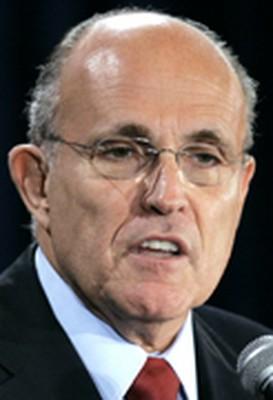
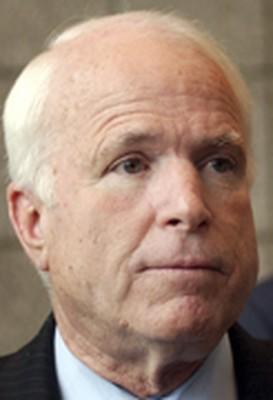

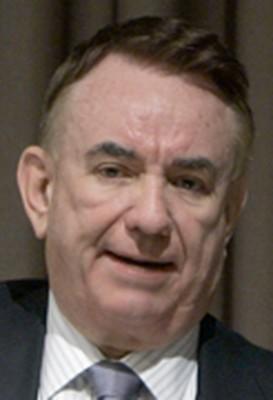
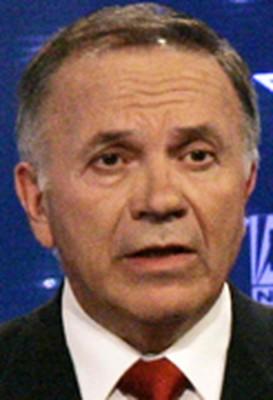
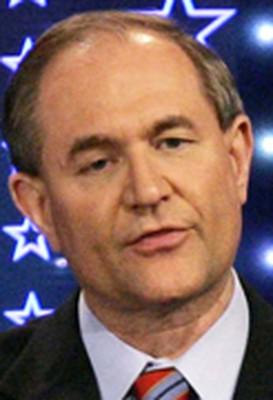
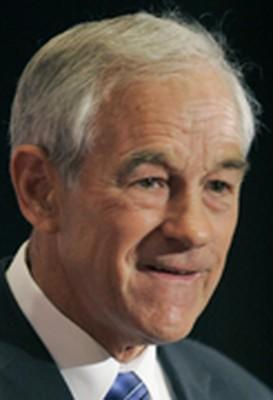
The "Law & Order" candidate isn’t officially running for president, but he’s Nevadans’ top pick to be the Republican nominee, according to a new poll.
A statewide poll of presidential preferences conducted by Mason-Dixon Polling & Research Inc. that was made available to the Review-Journal on Saturday shows hypothetical candidate Fred Thompson leading a tight Republican field.
The television star and former Tennessee senator had the support of 25 percent of the 400 likely Republican caucus goers in the poll, conducted Wednesday through Friday. He was followed by Mitt Romney, with 20 percent, and Rudy Giuliani, with 17 percent.
John McCain slid down to single digits in the poll, with just 8 percent. The poll carries a margin of error of plus or minus 5 percentage points.
On the Democratic side, Hillary Clinton continued to dominate, as she has in every early Nevada poll. The New York senator and former first lady had 39 percent of the 400 likely Democratic caucus goers surveyed, followed by Barack Obama with 17 percent and John Edwards with 12 percent.
Bill Richardson, who has seemed to focus on Nevada, had 7 percent of the vote.
Mason-Dixon managing partner Brad Coker said Saturday the Republican field has clearly shifted in recent weeks, marked principally by McCain’s nose dive into single digits, which is also where he stands in recent Mason-Dixon polling in Iowa and South Carolina.
"McCain has taken big hits with Republicans, and I think it’s because of immigration," Coker said. "These people are the hard-core party voters. For McCain to be at 8 percent is a strong indication that his campaign has deflated recently."
Thompson’s slight lead, meanwhile, can be attributed to the other candidates’ perceived shortcomings, Coker said.
"It’s not that Thompson himself has gone out and done the grass-roots work," he said. "I just think he’s filling a void. People for whatever reason aren’t completely happy with the other front-runners."
Giuliani is out of step with the conservative base on abortion and gun control; Romney was a moderate Republican governor of Massachusetts before tacking hard to the right on social issues; and McCain’s reputation as a maverick and "something of a loose cannon" creates suspicion.
Most of all, though, "with immigration, McCain stepped on a land mine, and now he’s paying the price for it," Coker said.
McCain has joined President Bush in supporting compromise immigration legislation that the Republican base can’t stand.
Thompson is seen as having good conservative credentials and an actor’s charisma, and he looks more and more likely to throw his hat in the ring.
"It’ll be interesting to see, when he does, whether the grass roots will jump in to support him," Coker said.
Clinton has had between 37 percent and 40 percent of Nevada Democrats in every poll so far. Coker noted that she’s doing better here than in any of the other early states.
"In the polling we’ve done, she trails Obama in South Carolina, she’s tied with Edwards in Iowa and she’s only a couple of points ahead in New Hampshire," he said. "Of the early states, this is her largest margin. I think her organization is more focused in Nevada, and she has a better national organization than the other candidates."
Richardson, the New Mexico governor who’s made many campaign stops here, is seen as making Nevada the linchpin of his strategy, but it could actually be Clinton who is banking most on victory in the Silver State, Coker said.
"People forget that Bill Clinton lost New Hampshire, lost Iowa, and still won the nomination (in 1992) because he had set up a lot of backup states, and he bounced back," Coker said. "The Clintons realize you can lose Iowa and New Hampshire and still win the nomination."
Coker noted that all polls this early in the race must be taken with a grain of salt, given that most voters probably haven’t firmly made up their minds.
QUESTION FOR VOTERS: If the 2008 presidential caucus were held today, which one of the following candidates would get your vote?(see below)SOURCE: Mason-Dixon Poll made available to the Review-Journal of 400 likely Democratic/Republican caucus voters who were interviewed by telephone June 20-22 by Mason-Dixon Polling & Research Inc. The margin for error is plus or minus 5%.











